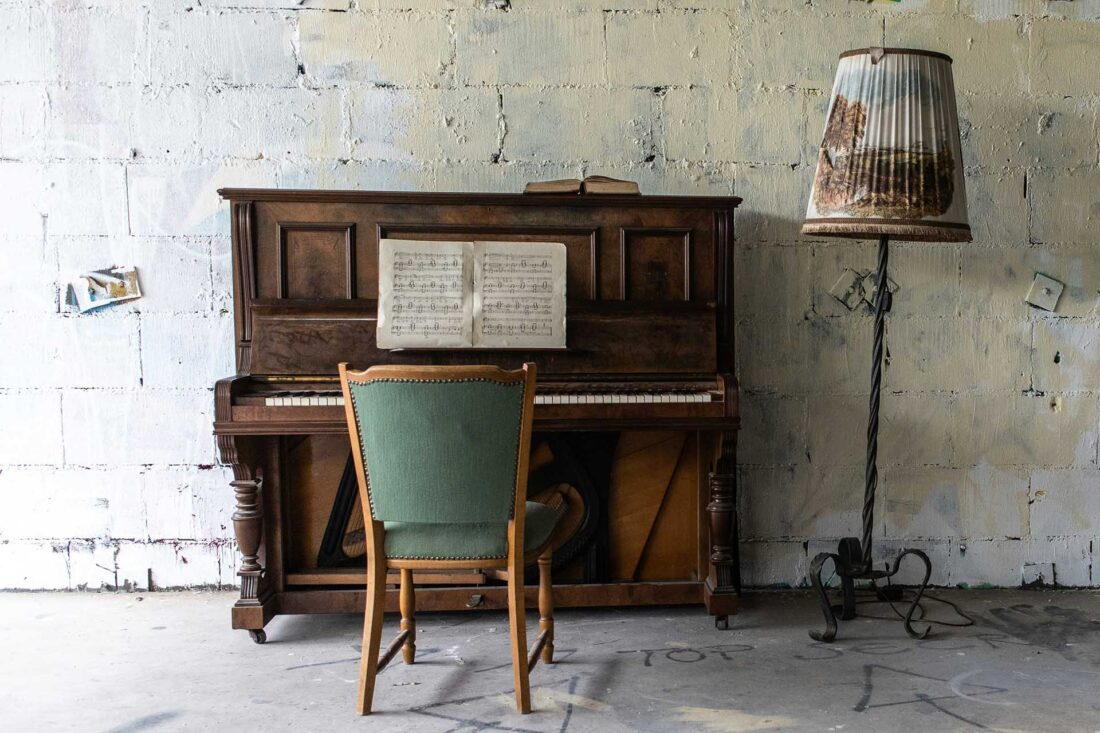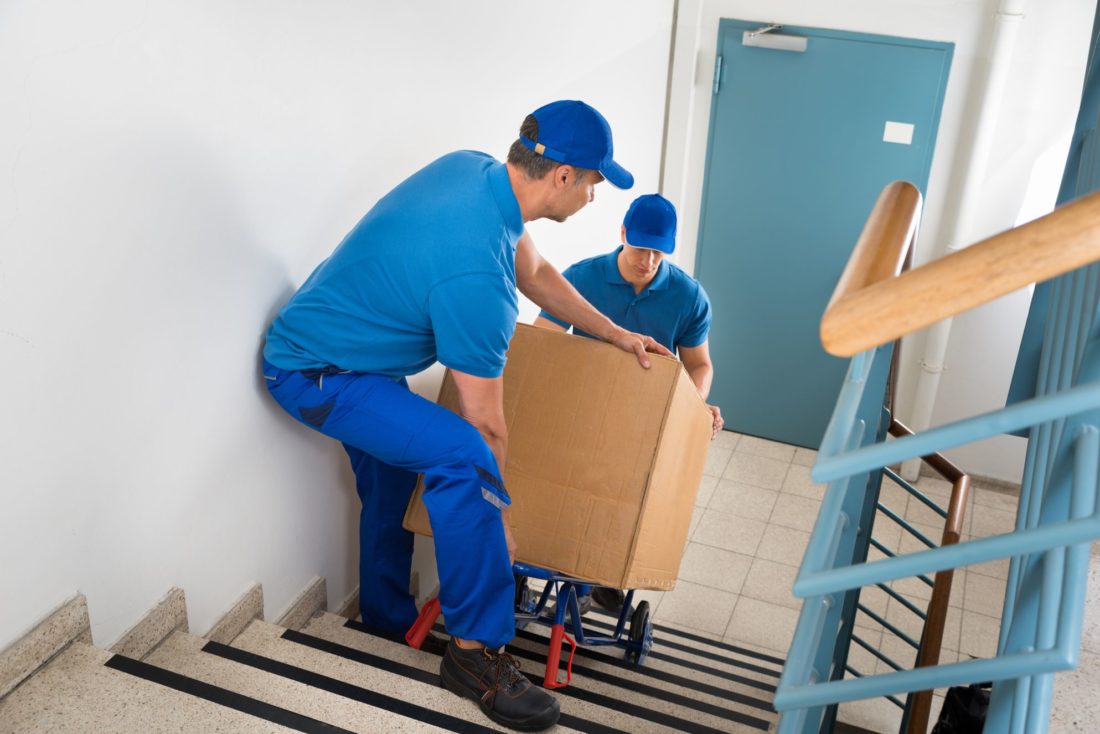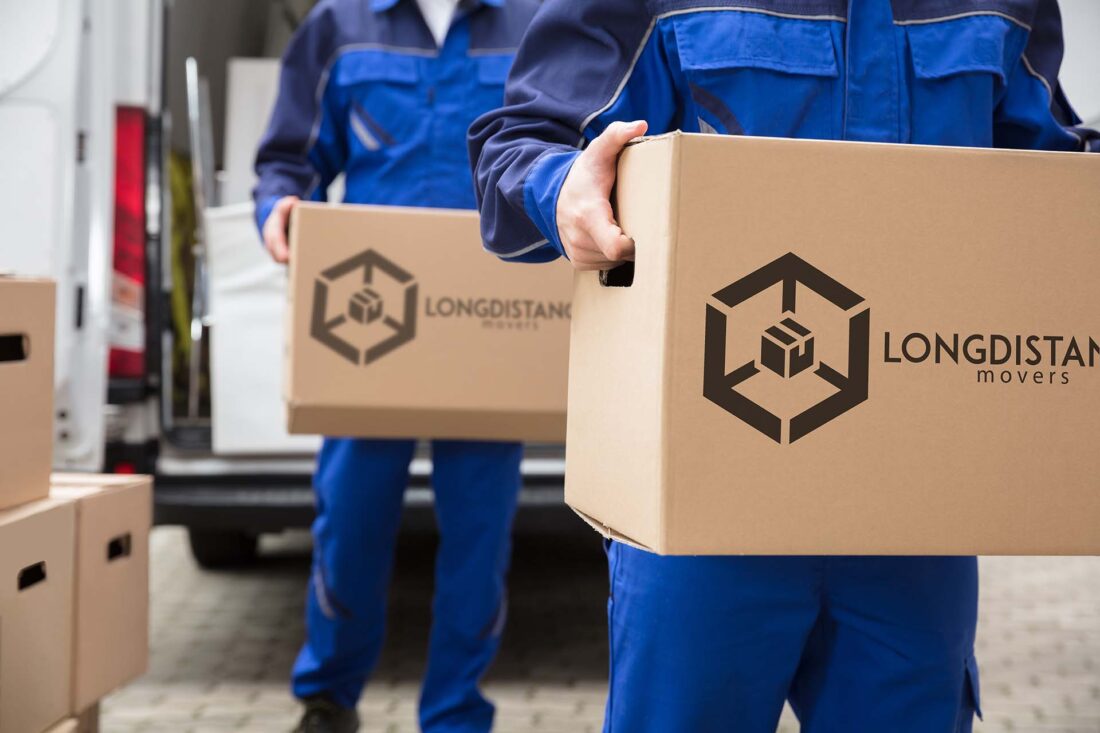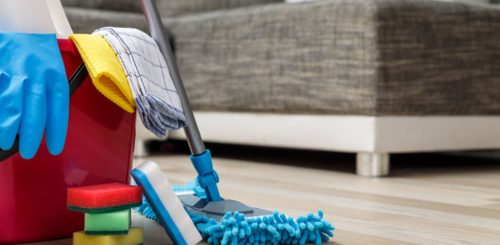Now that you’ve decided to move to another city or state, you’ll have to figure out what to do with your favorite music instrument. You’ll be wondering how to move a piano yourself and how much does it cost to relocate these bulky objects using professional services.


In case you are working with a tight budget, you may be planning on taking care of everything on your own. But keep in mind that pianos can be very heavy and that transporting them can be quite a dangerous task to accomplish. This is one of the main reasons why hiring professional movers for the job may be the best option if you have the means to do so. However, there are tips and tricks which you’ll find useful if you’re wondering how to relocate the instrument on your own, too.
Getting Ready for the Move
Maybe you’ve decided to tackle everything on your own, and now you’ll have to prepare to move everything safely and carefully. This means getting ready for the job yourself, as well as preparing the instrument for the relocation. Remember that safety is your number one priority with any relocation. Not only because you want to avoid any injuries, especially if you’re moving with children or moving with pets, but to prevent any damage to your belongings as well.
Gather the Necessary Supplies
There are various packing supplies and materials you will need to make sure that your instrument is safely transported. You will also have to acquire tools that will help you with all the lifting and to avoid any injuries.
When it comes to protecting your instrument from any unnecessary damage, you will have to get lots of blankets. If you don’t have the means and you’re relocating on a budget, you can use the blankets and thick towels from your household to wrap the instrument. You will also have to get a lot of tape to hold the blankets and towels in place. When it comes to transporting pianos, you need to have a ramp if you’re going to move it across stairs, as well as a moving dolly.
Tips on Getting More Manpower
When it comes to relocating on your own as opposed to hiring professionals, you will require a lot of manpower to help you out. The same applies to the transport of bulky furniture or even relocating and packing fragile items. So get in touch with anyone who would be interested in helping you out, or consider throwing a packing party. Contact your friends, family members, neighbors, or colleagues who could help out, and perhaps you will be helping your friend out in the future if they find themselves relocating.
Plan out Your Path
Before you even get started with the relocation part, you will have to make sure that there’s a clear path to the truck. Forgetting to protect your floors is one of the most common moving mistakes, for example. You will have to measure all the doorways in your home, and if you’re going down some steps, you’ll have to measure the stairways as well and see if your instrument will fit.
When you’re ready to get started, be sure that there are no obstacles in the way, both in your way and in the way of the instrument. In case you’re moving to a colder climate, ice and snow in your path could be disastrous. Open all of the doors, and cover any surfaces, like sharp edges, with towels, so nothing gets scratched. If you’re going down any stairs, now is the time to set up the ramp and secure it in place.


Prepare the Piano
Preparing the instrument for relocation is one of the most important steps and tips for moving a piano to a new home.
Cover the keyboard, close the lid, and lock it in place. If you aren’t able to lock down the key lid, secure it in place with some tape, but remember that you should use tape which won’t leave a mark or a stain. Remove any extra parts, like the legs, for example, and pack them in blankets separately. Then you will need to cover the instrument in blankets and secure them with more tape.
Not only will this add more protection to the instrument’s paint, but it will also help avoid unnecessary scratches, dents, and damage. It’s important not to cover any places where you could use to lift the instrument until you are done with all the heavy lifting.


How to Move a Piano – Important Steps
Relocating pianos means a lot of organization and planning before you get started, no matter what kind of instrument we’re talking about. Get your movers ready and prepare all the necessary supplies and the moving dolly, which you’ll be using to transport it.
Moving an Upright Piano
Upright pianos are not as hard to transport from your home as grand pianos, but that doesn’t mean that it shouldn’t be done as carefully as possible. Cover the pedals and keys with blankets or towels and tape them up. After you have handled the previous step of covering the instrument for protection, you’ll want to place the dolly in front. Have one helper on each side and slowly lift it in the air, while another helper can move the dolly beneath it as you move it. Once it’s safely placed and secured on the dolly, you can transport it to the truck and remember to have someone scout ahead and guide you through the process.
Relocating a Grand Piano
One of the most important tips on how to move a grand piano is to close down and secure the lid in place. Then you’ll want to remove the pedals and legs and make sure that your movers are holding the piano as you remove them so it doesn’t fall down as you’re working. You will have to repeat the previous steps of wrapping the instrument in blankets, not forgetting to leave spaces where you can hold it while lifting. Surround the piano and lift it onto your dolly slowly and carefully. Once again, having a team member as a scout before you get started is highly recommended. Maybe something got in the way even if you cleared the path previously.
Using a Ramp for Stairs
In case you’re going to have to transport the object down any stairs (say you have an above ground porch), you’ll need to use a ramp. If you’ve hired professional movers for their moving services, they may be able to provide you with a ramp, or you can rent one just like you can rent other packing supplies and material. If you’re adamant about keeping your moving expenses low during the relocation, you can ask a friend or a family member if they have one.
Depending on how many members you have in your relocation squad, you will want to position for the safest and most efficient transportation. Most of your team should be in front of the piano, to hold it as it’s slowly rolling down, and one of your helpers should be guiding it from behind. Remember to do it slowly, step by step, and to have someone ahead of you as an extra pair of eyes. Looking for cracks and uneven ground beforehand could save you a lot of trouble, damage, and money.
Once you get from your home to the truck, you will want to repeat the process in reverse. The strongest members of the squad should be positioned behind the piano to push it up the ramp. And one of you should be inside the truck to guide it and stabilize it as you’re placing it inside the truck.


Tips and Mistakes to Avoid
One of the most important tips on how to relocate pianos is to get enough manpower. Pianos can be very heavy, even the smaller ones, and will require at least three people to be handled properly. And that means three people strong and able to support the weight of the instrument, not your old uncle or elderly neighbor.
Another essential piece of advice is to lift with your legs, not with your back, so use a squatting position to raise it. Even if you’re relocating in a hurry, it isn’t worth risking an injury or damage to your instrument, so go as slowly as you need to and don’t worry about the time it will take to transport it.


The Cost of Hiring a Moving Company
If you are still not sure how to relocate pianos or doubt that you’ll be able to handle it carefully, then hiring professional movers may be your best choice. You can look for different companies, and read up about their relocation and packing services. Don’t be afraid to contact numerous companies and get a moving quote from each of them so that you can get the best deal. And if you have any special requests or want to find out if the movers could even help you out, don’t be afraid to ask them any questions as they’ll be happy to help you out.





